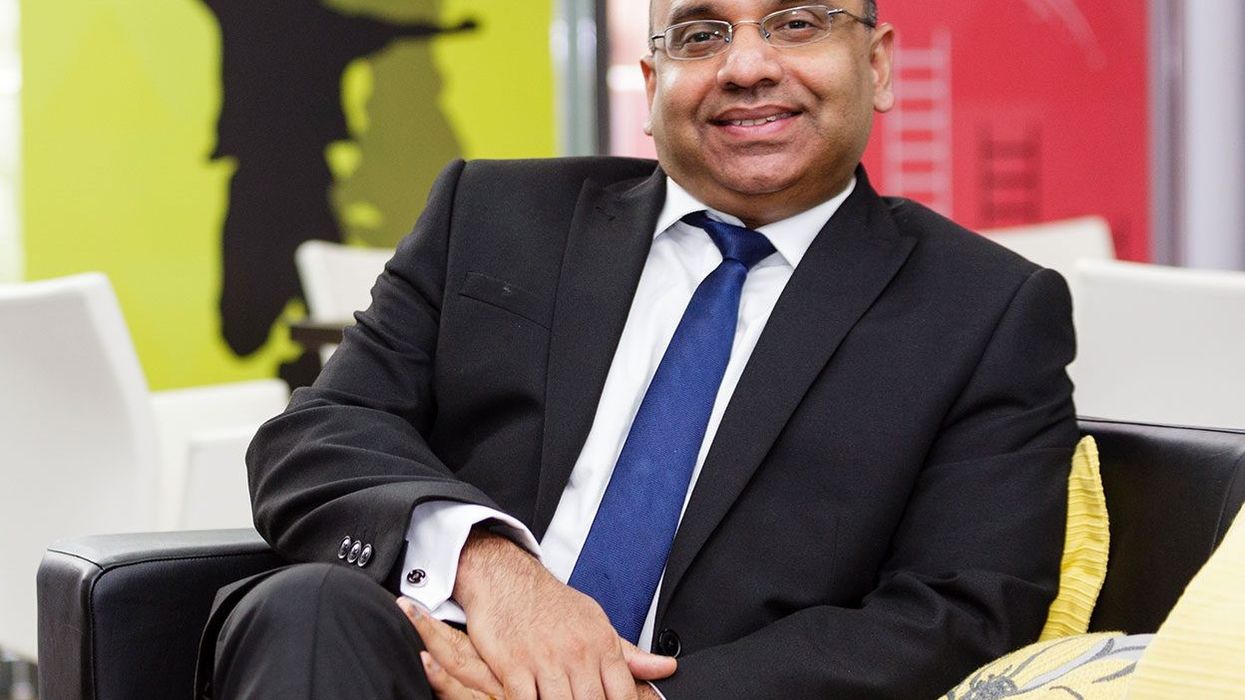Dr Selva Pankaj, Chairman of Regent Group, has been invited to the prestigious World Economic Forum (WEF) Annual Meeting 2024 in Davos, Switzerland, in acknowledgment of the group's notable contributions to education and economic development.
This invitation serves as a testament to Regent Group's impact on education, the economy, and investment, a report on Regent’s website said.
Expressing his enthusiasm, Dr Pankaj said, "We are delighted we are invited to attend Davos next week. REGENT will now attend each year and we will portray education, economy, and investment based on our values – the end result of education is character."
This declaration underscores Regent Group's dedication to instilling character development within its educational framework, highlighting the pivotal role of education in shaping not only skilled professionals but also individuals of strong character.
The WEF Annual Meeting in Davos is globally recognised for convening leaders to address pressing issues, including economic growth, environmental sustainability, and technological innovation.
The 2024 meeting's focus on Artificial Intelligence (AI) aligns with Regent Group's forward-thinking approach. Dr Pankaj's participation presents an opportunity to contribute to global discussions on leveraging AI in education to drive innovation and ethical considerations in the economy.
Dr Pankaj's presence at Davos also underscores Regent Group's strides in the investment sector, particularly in education technology, where AI plays a pivotal role.
The Group's initiatives in integrating technology with traditional learning methods set benchmarks for creating more accessible, efficient, and personalised educational experiences.
This resonates with the WEF's agenda to discuss the integration of AI in improving societal outcomes, including education.
Furthermore, Dr Pankaj's attendance provides a platform to showcase Regent Group's unique perspective on how education influences economic development and investment strategies.
By prioritising character development and ethical grounding, Regent Group emphasises the importance of nurturing responsible leaders and entrepreneurs contributing positively to the global economy.
Dr Selva Pankaj's participation in the WEF Annual Meeting 2024 not only recognises Regent Group's achievements but also serves as a platform to engage in meaningful conversations about the intersection of education, economy, and investment in the modern world.
It reinforces the Group's belief that the essence of education extends beyond knowledge acquisition to character-building, shaping individual destinies and the global economic landscape.




